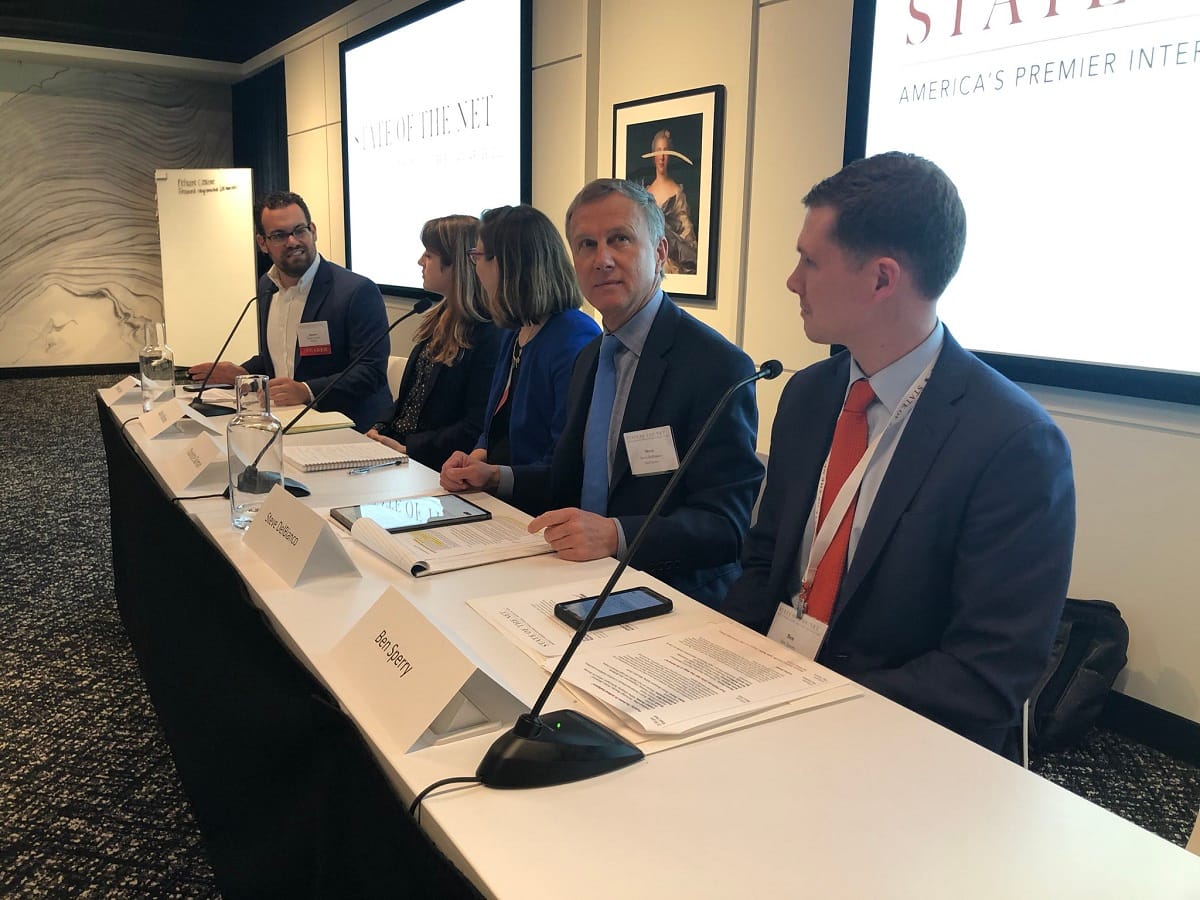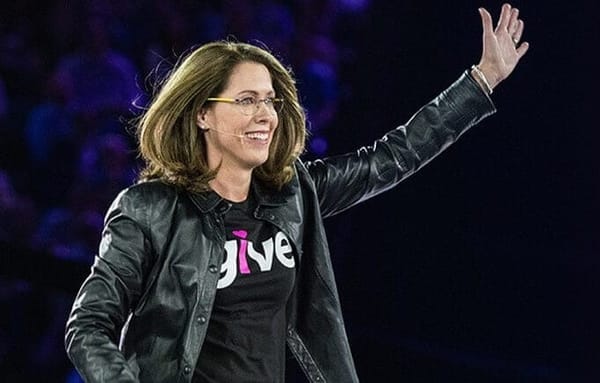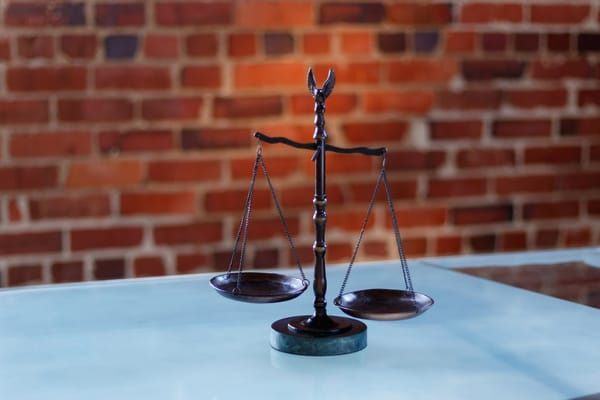The Biggest Tech Companies – Amazon, Apple, Facebook and Google – Have Nowhere to Go But Down, Say Panelists
WASHINGTON, January 28, 2020 – The biggest high tech platform companies on the political and cultural landscape have nowhere to go but down, agreed a panel of tech boosters and critics at the State of the Net conference on Tuesday. Postulating a world 10 years in the future, the moderator of the pan

WASHINGTON, January 28, 2020 – The biggest high tech platform companies on the political and cultural landscape have nowhere to go but down, agreed a panel of tech boosters and critics at the State of the Net conference on Tuesday.
Postulating a world 10 years in the future, the moderator of the panel wanted to know if Google, Facebook, Amazon and Apple will “reign or get reined in?”
And while critics of these tech giants said that government power needs to challenge these businesses, one of the more laissez-faire panelists said that at least one of the four companies won’t stand the next decade’s test of time.
The discussion focused around antitrust enforcement, including presidential candidate Sen. Elizabeth Warren’s pledge to break up each of those tech companies.
Steve DelBianco, CEO of NetChoice, said that Warren’s fellow Democratic Party presidential candidates weren’t really concerned about the corporate power of Silicon Valley. Rather, he said, the issues they raised at the October presidential debate were election interference, disinformation, privacy and the censorship of controversial conservative speech.
“None of the concerns they raised have a single thing to do with antitrust,” said DelBianco, whose group was active in opposing the antitrust case against Microsoft in the late 1990s and early 2000s.
To see Broadband Breakfast’s coverage of that section of the CNN-New York Times presidential debate, see “Big Tech Gets a Big Lashing by Democratic Presidential Candidates, on Antitrust, Section 230 and Data Privacy.”
DelBianco said that none of the four tech giants currently under antitrust scrutiny would fall prey to an inquiry centered on the consumer welfare standard. The consumer welfare standard is one of the prevailing doctrines of modern antitrust law.
Countering the attitude of DelBianco, Charlotte Slaiman, senior policy counsel at Public Knowledge, said that “antitrust law needs to be changed.” But she hastened to add that “the consumer welfare standard should not be abandoned.”
Asked about this stance after the session, Slaiman said she felt that antitrust law enforcement would be more vigorous if its practitioners recognized that under-enforcement can be even more damaging than over-enforcement.
In response to another question from the moderator, Slaiman said that she would not support making these tech platform companies into a public utility: “That is not what I advocating for.” Rather, she said she was “pro-competition” and supportive of measures “that will facilitate competition against companies like Facebook.”
Meanwhile, Ben Sperry, associate director of the International Center for Law and Economics, argued that one of the four big tech giants won’t even be around in 10 years — although he wouldn’t say which one he thought would be gone.
As to the others of the group, “if they are around, they might not be the power that they are today,” he said.










